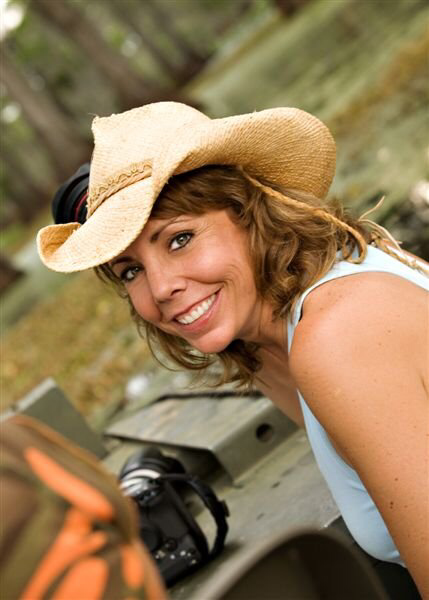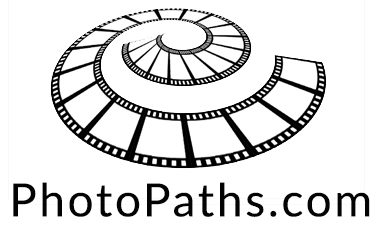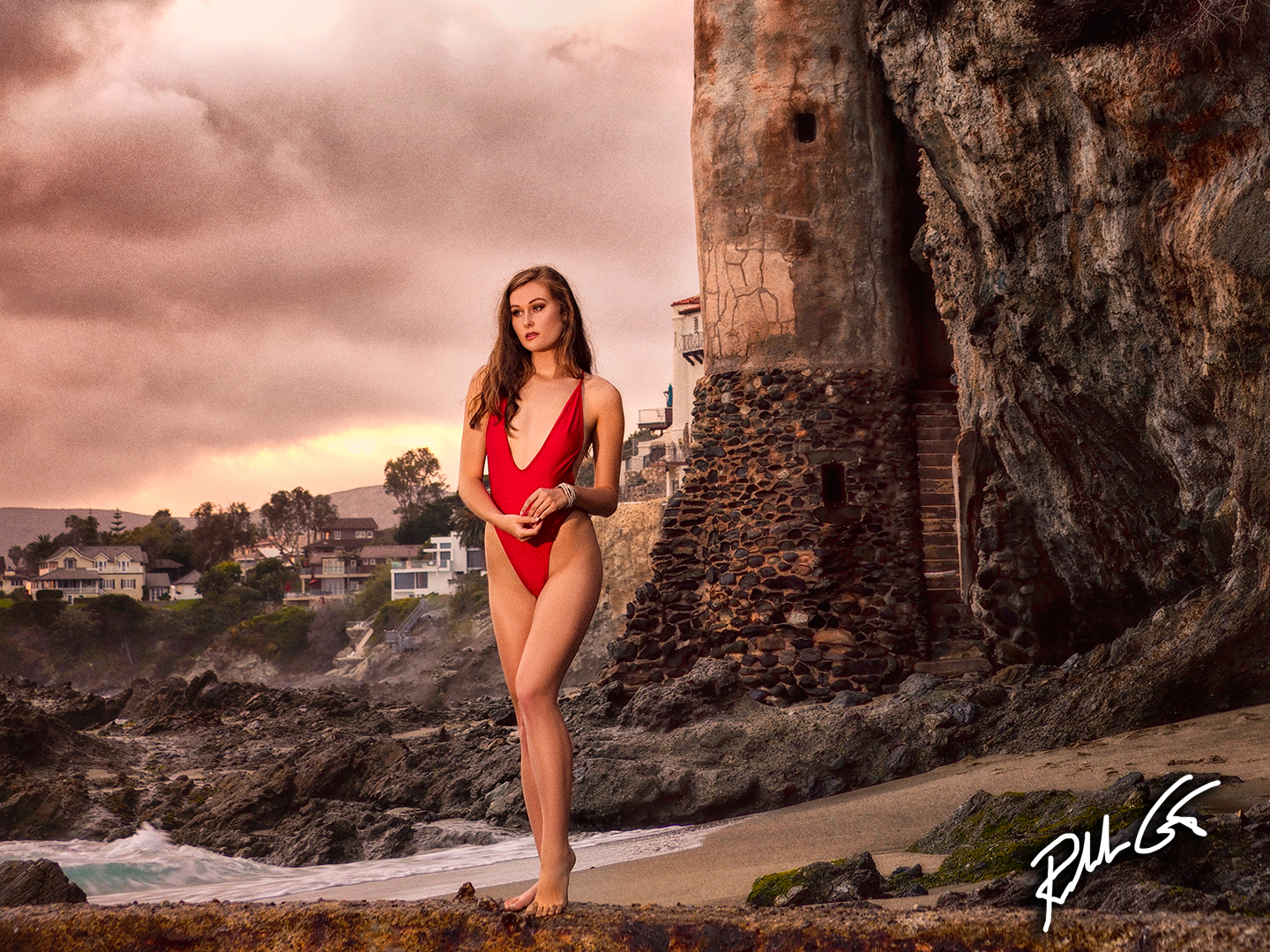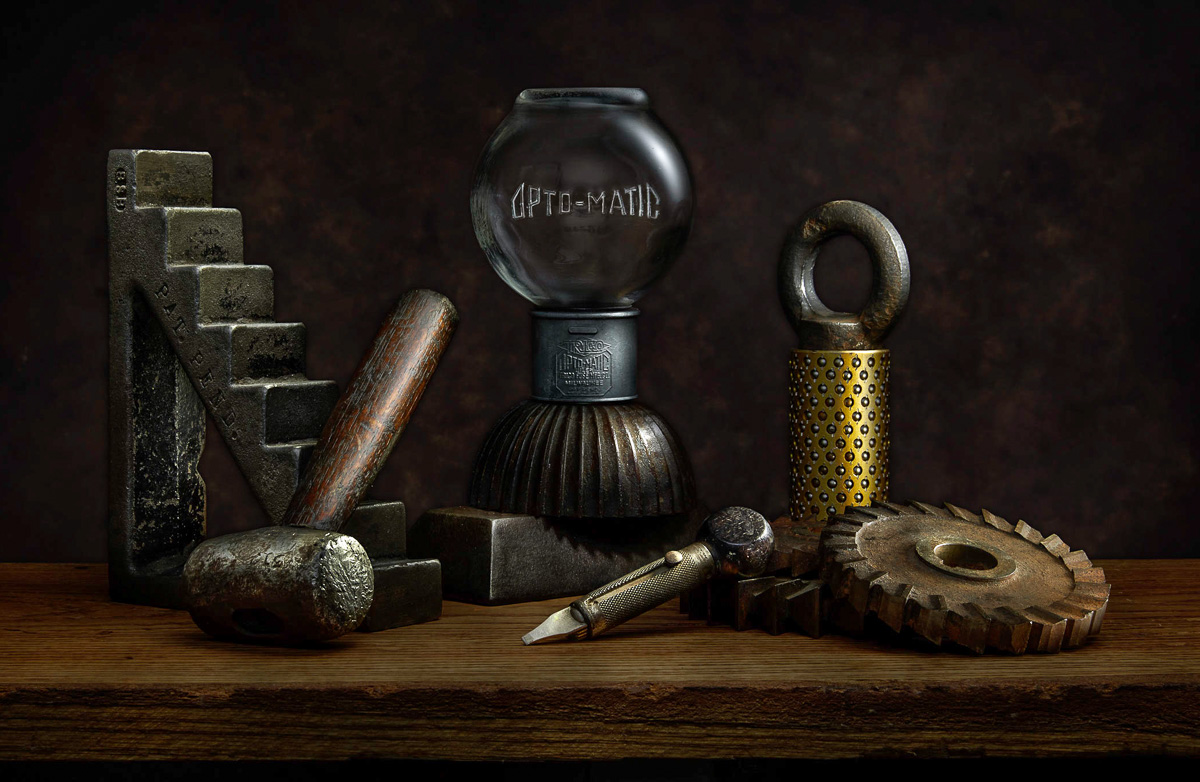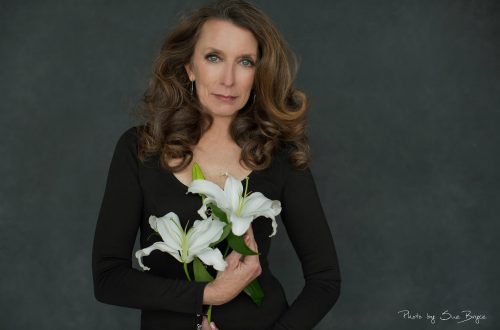
Photographer: Ron Magill

When did you know the photography/video industry was for you?
I realized that photography was important to me at the very beginning of my career as a naturalist/conservationist 40 years ago. There is an old saying that states, “We protect what we love, we love what we understand, and we understand what we are taught.” Short of actually bringing people into the field with me to work with wildlife, photos were the best tools I had to tell the stories behind conservation and the importance of it.
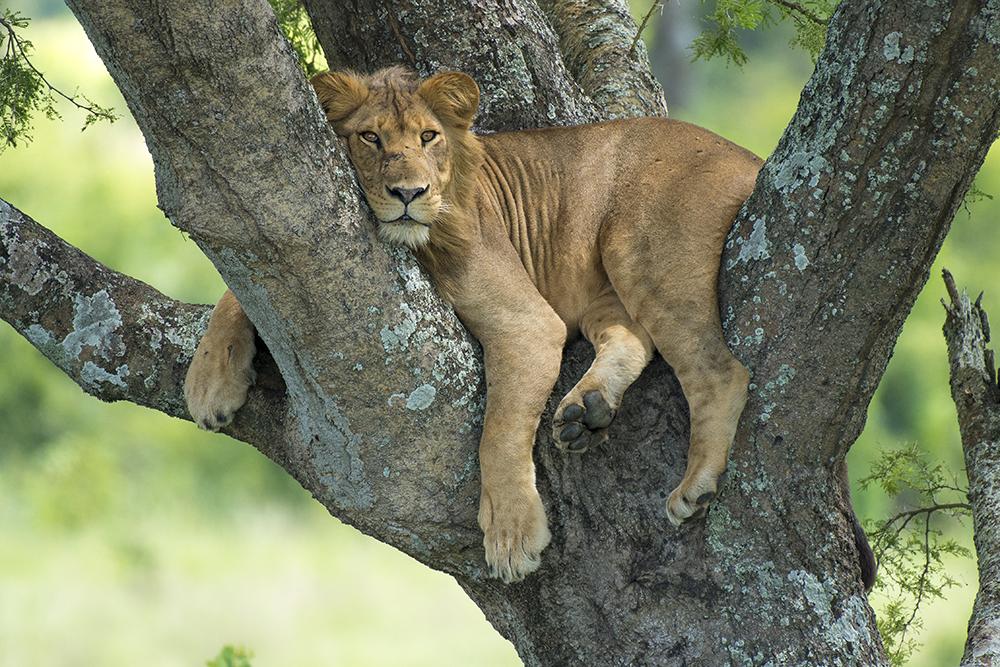
How did you get your current position?
I started as a zookeeper and as I worked my way up the ranks, I started to publish papers on some of the work I was doing and needed photos to provide with the written text. I first contacted stock agencies but when I realized how much it would cost, I bought my own camera and taught myself photography. I eventually became good enough at photography to where, in addition to my duties as the Communications Director at the zoo, I was also designated as the official zoo photographer.

How did your training or schooling prepare you for your job?
When it comes to photography, I really had no formal training or schooling other than my own reading and practice. What my schooling did do for me was teach me to understand animal behavior which in turn enabled me to know my “models” well and be prepared to capture key moments and behaviors in their lives.
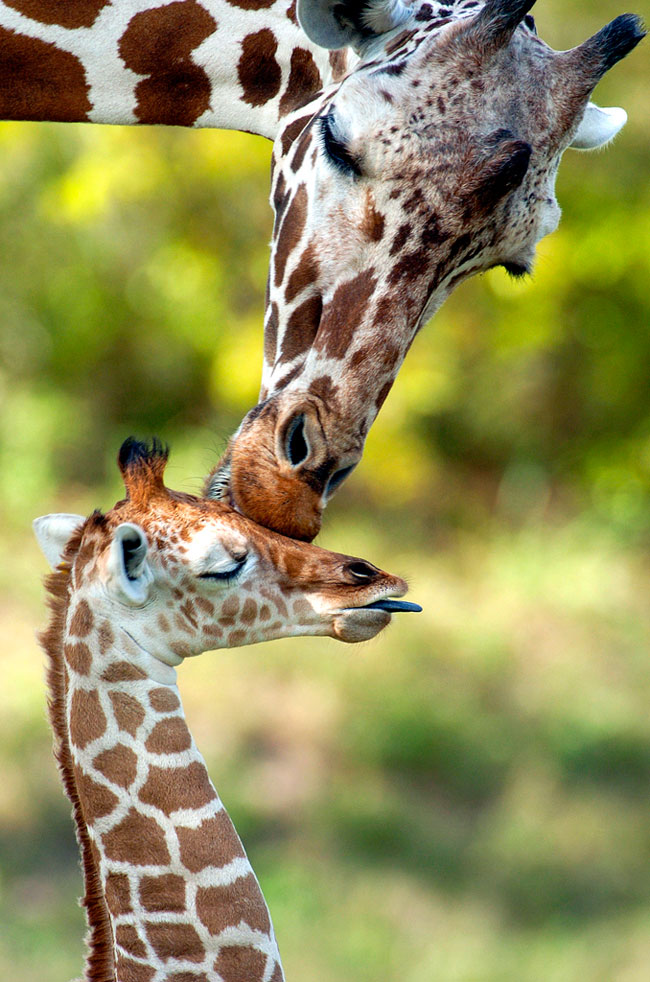
What was the greatest obstacle you had to overcome in pursuing your career?
The greatest obstacle I had in pursuing my career was being able to create my own style and incorporate it into engaging storytelling. There are millions of photographers who can take excellent images. What separates them is how they utilize those images and how passionately they tell their stories.
Who would you name as the most influential person in shaping your career? Why?
The most influential person in shaping my career was the late Jim Fowler, co-host of the iconic television program, “Mutual of Omaha’s Wild Kingdom.” Jim became a mentor and dear friend to me over 30 years ago when I first got to work with him during a national Wild Kingdom Tour. He instilled in me the importance of being a good communicator and using images to tell a story to get people to care about wildlife.
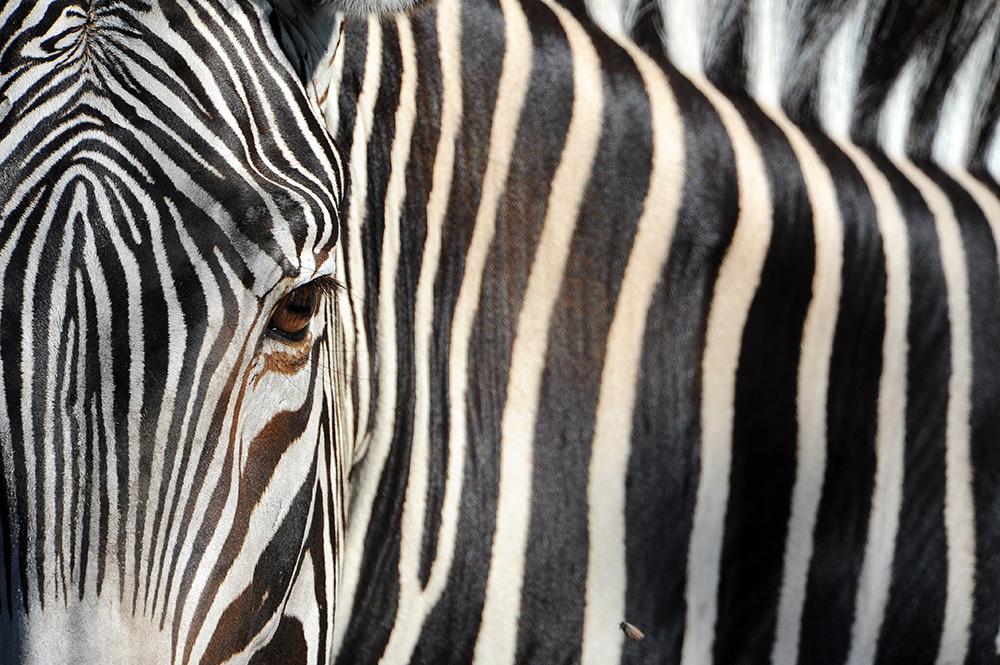
If you could be compensated for your work with something other than money, what would it be?
If I could be compensated for my work with something other than money, it would be travel. I believe that there is no better education in the world than travel because it opens your mind to different cultures and environments and makes you realize that we are all connected, and in many ways, very much alike.

To see more of Ron’s work, visit:
https://ronmagillphotography.com/
https://www.nikonusa.com/en/learn-and-explore/a/ideas-and-inspiration/ron-magill.html
